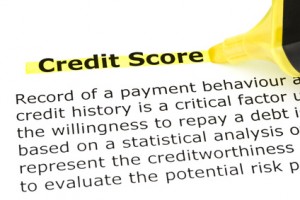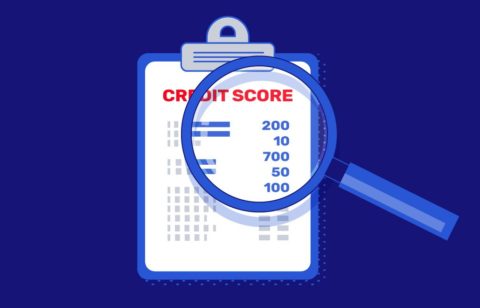Why reviewing your credit report is critical
If you follow the news, you may have seen the report that 20% of Americans have errors in their credit reports. The net of this is that you could be refused a loan, have to pay higher interest rates, pay more for your auto insurance or even miss out on a job because of an error in your credit report. If you haven’t ever seen your credit report or haven’t seen it recently, you really need to get a copy and review it for mistakes. This is especially critical if you are about to apply for a loan to buy a house, a car or auto insurance.
If you find a mistake
There is a law titled the Fair Credit Reporting Act (FCRA). One of the things that’s required by this act is that both the information provider and credit reporting agency need to correct any information in your credit report that is incomplete or inaccurate. If you review your report and find an error, step one is to tell the relevant credit-reporting bureau about the information you think is incorrect. When you write the bureau, you will need to include copies of any documents that support your claim. The letter should include your name and address and information about each item you believe should be deleted. You will need to explain why you think the information is incorrect. Finally, you should ask that the erroneous information be corrected or removed.
Your claim must be investigated
Again according to the FCRA, the credit bureau must review the item you’re questioning and it should do so within 30 days. It is also required to send the documents you provided in support of your dispute to the business that provided the information. When that company receives notification that you have disputed its information, it must investigate, examine the relevant information and then report its findings to the appropriate credit bureau.
What happens next
In the event that the company that provided the information agrees that it had made a mistake, it must notify all three credit reporting bureaus (Experian, TransUnion and Equifax) so the information in your file can be corrected.
When the investigation is over
Once the credit bureau finishes investigating the disputed item, it must give you the results in writing. If it has made a change in your report as a result of the dispute, it must send you a free copy of it. If you wish, you can have the credit-reporting bureau send notices of the corrections it’s made in your credit report to any company that had received a copy of it within the past six months.
Contact the organization that provided the information
You should also inform the company that provided the bad information, again in writing, that you are disputing the item. Don’t forget to include copies of any documents that support your position. The company must then send a notice to the appropriate credit bureaus that you are disputing the item. If it turns out that you were correct, the information provider is prohibited from reporting the item again.






